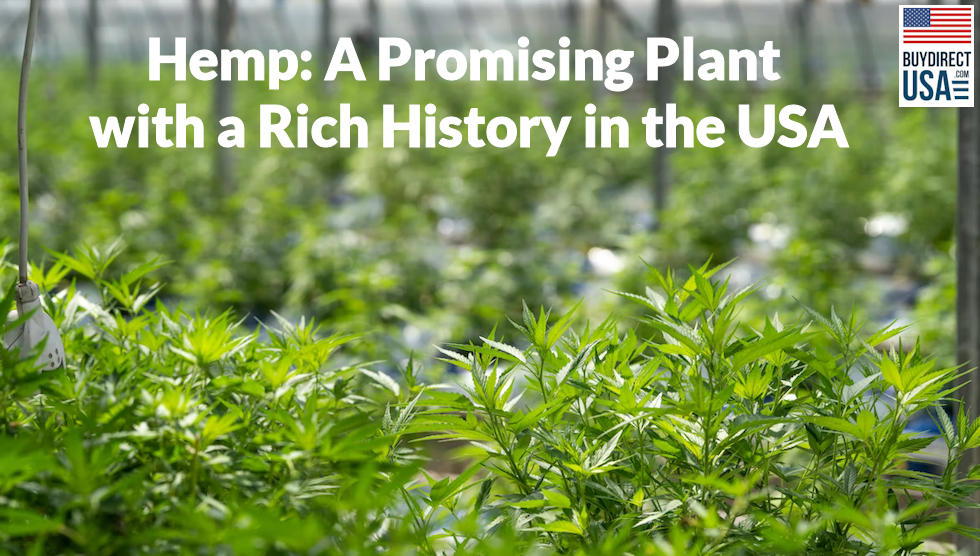Hemp is a versatile plant that has been used for thousands of years for various purposes. It is a member of the Cannabis Sativa family and has been widely cultivated for its fibers, seeds, and oils. In recent years, hemp has gained popularity as a sustainable alternative to traditional crops and materials. Despite its numerous benefits, hemp has faced restrictions in the United States due to its close association with marijuana, which is a psychoactive substance that is illegal in many parts of the world. However, the growing recognition of hemp’s potential has led to a significant increase in hemp imports into the US, as well as a growing movement to allow unrestricted growth of this valuable plant.
In 2020, the US imported over $600 million worth of hemp and hemp-derived products, with the majority of imports coming from Canada and China. Hemp is used in a wide range of products, including textiles, building materials, food and beverages, personal care products, and even biofuels. Its versatility is due to its fibers, which are strong and durable, and its seeds, which are a rich source of protein and healthy fats. Hemp oil is also used as a dietary supplement and in various skin care products due to its high levels of antioxidants and essential fatty acids.
One of the main reasons why the US should allow unrestricted growth of hemp is its potential as a sustainable crop. Hemp requires fewer pesticides and fertilizers than other crops and can grow in a variety of climates and soil types. This makes it an ideal crop for small-scale farmers who are looking for alternative sources of income, as well as for large-scale agriculture operations that are looking to reduce their environmental impact. Additionally, the use of hemp in various products can lead to a reduction in the use of petroleum-based materials, such as plastic, which are harmful to the environment.
Another reason why the US should allow unrestricted growth of hemp is its potential as a job creator. The hemp industry is rapidly growing and is expected to continue to grow in the coming years. The increasing demand for hemp products has led to the creation of many new jobs in fields such as farming, manufacturing, and distribution. The unrestricted growth of hemp could also lead to the creation of new and innovative products, which would further stimulate the economy and create additional jobs.
In conclusion, hemp is a versatile and sustainable crop that has numerous benefits for both the economy and the environment. The growing recognition of these benefits has led to a significant increase in hemp imports into the US, as well as a growing movement to allow unrestricted growth of this valuable plant. The US should take advantage of this opportunity and allow unrestricted growth of hemp without the need for permits. This will not only benefit the economy but also promote sustainability and reduce the environmental impact of traditional crops and materials.







